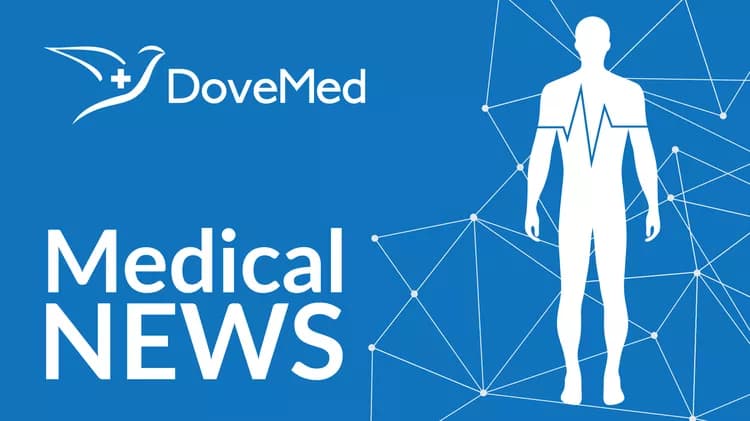
How Motor Neurons Develop Into Subtypes That Activate Different Muscles
Motor neurons play a vital role in movement, linking the central nervous system with different muscles in the body.As such, scientists are very interested in understanding the biological mechanisms that control how these neurons form.
On Feb. 17 in Nature Communications, researchers report an exciting advance in this field. They have uncovered new details about the process through which motor neurons develop into subtypes that connect the spinal cord with different target muscles and help to control different body parts.
Led by biologists at the University at Buffalo, the research concludes that a gene called Kdm6b helps control motor neurons' fate. The study, which was completed in mice, finds that Kdm6b:
Encourages motor neurons to develop into subtypes found in the medial motor column. These neurons target dorsal axial muscles.
Encourages motor neurons to develop into subtypes found in the hypaxial motor column. These neurons target intercostal and abdominal muscles.
Discourages motor neurons from developing into subtypes found in the lateral motor column. These neurons target ventral and dorsal limb muscles.
Discourages motor neurons from developing into subtypes found in the preganglionic motor column identities. These neurons target the sympathetic ganglia, which control internal organs, such as the heart.
The study also reports that Kdm6b works cooperatively with a complex of proteins called Isl1-Lhx3 to influence the way motor neurons diversify.
"During early development, humans generate nerve cells that connect with muscles and control muscle activity," says UB biologist Soo-Kyung Lee, the study's senior author. "The formation of these nerve cells at the right time and place is critical for humans' survival and movement controls. Our study in mice revealed how these nerve cells acquire their specialized identity. Our study could inform strategies to generate specialized nerve cells and treat motor system disorders and spinal cord injuries."
Lee, PhD, is Empire Innovation Professor and Om P. Bahl Endowed Professor in the Department of Biological Sciences in the UB College of Arts and Sciences.
Jae W. Lee, PhD, UB professor of biological sciences, is also a co-author of the new paper in Nature Communications, and the study's first authors are two former Lee lab postdoctoral researchers: Wenxian Wang, PhD, who worked with the Lees at UB, and Hyeyoung Cho, PhD, who worked with the Lees at Oregon Health and Science University.
"One of the most fundamental questions, but a poorly understood topic in neuroscience, is how a single neuronal population diversifies into subtypes with distinct synaptic targets," says Jae W. Lee. "Our paper provides a crucial insight into this important topic, making a major contribution to understanding how motor neurons further develop to different columnar clusters."
The study was funded by the U.S. National Institutes of Health.
Related Articles
Test Your Knowledge
Asked by users
Related Centers
Related Specialties
Related Physicians
Related Procedures
Related Resources
Join DoveHubs
and connect with fellow professionals

0 Comments
Please log in to post a comment.